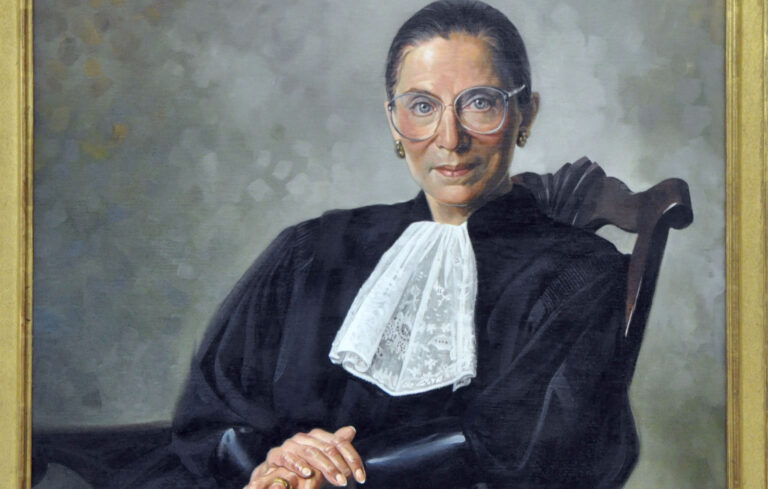The Variations
The Variations
John Donatich
Henry Holt & Co., February 2012
288 Pages
$25.00
One notable fact about John Donatich’s protagonist in The Variations, a priest named Dominic, is that the narration never refers to him as “Father.” His elderly mentor, Father Carl, is always given proper accreditation, but Dominic himself is always just plain old Dominic. It could be, I suppose, that Donatich is trying to keep his word count down. But the nomenclature is also a simple and straightforward way to portray the book’s central conflict: the novel begins with Dominic already feeling ill at-ease in the Church, and spends most of its pages tracing his slow, painful slide into apostasy.
The reasons for the fall are legion: after Father Carl’s death, Dominic is left to shepherd the flock of a failing New Haven parish, slated for dissolution by a money-strapped diocese. The Variations also captures the day-to-day existential crises facing modern Catholics: Dominic gets in philosophical debates with internet commenters, ministers to an increasingly aging and poverty-stricken congregation, and faces the possibility of a sex scandal in the parish not with shock and surprise, but with a kind of repulsed resignation. In times as hard as these, it is easy for a priest to feel rootless.
Adding further to that sense of dissolution, Dominic is surrounded by a number of supporting characters who drift in and out of his life, seemingly at will: a senile piano instructor with a crippled left hand; her young black protege, struggling under the weight of expectations; and an unstable teenage girl whose possible pregnancy offers both the greatest crisis and most possible salvation of the book.
Donatich’s prose is fluid and unpredictable, moving from scene to scene and even character to character in a swirl of internal thoughts and musings. And while the language becomes more and more concrete as Dominic falls further from grace, it never drops anchor completely, or for too long. The Variations is a book concerned with the lives of the spirit and the mind—and if it at times seems a little adrift, it always stays true to the conflicted man at its center.


